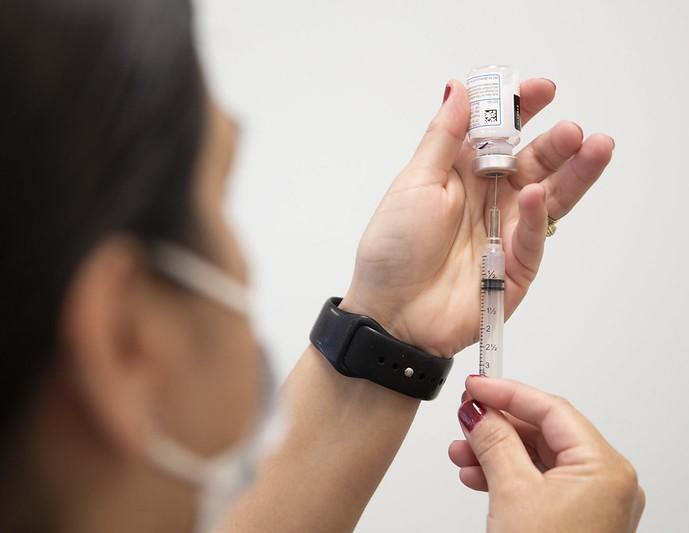A new large study based on nationwide surveillance data suggests upwards of 134,000 cancer diagnoses were missed in the United States in the first 10 months of the COVID-19 pandemic, due to a combination of delayed screening and missed appointments.
"The longer cancer exists undetected, the lower the chances of positive patient outcomes. Every missed detection is a lost opportunity to beat cancer at its most treatable stage," said the paper's senior author, Krystle Lang Kuhs, PhD, MPH, in a University of Kentucky press release.
The study, published in JAMA Oncology, was conducted by researchers at the University of Kentucky Markey Cancer Center and based on information on all 50 states from the US Cancer Statistics Public Use Database June 2023 release.
The biggest drop in cancer diagnoses was between March and May 2020, when diagnoses were reduced by 28.6% from rates seen in 2018 and 2019. Overall, diagnoses dropped by 13.0% from March 2020 through December 2020.
Prostate cancers most missed
All told, these reductions equate to potentially 134,395 undiagnosed cancers during 2020 (95% prediction interval, 112,544 to 156,680).
Cancers caught by annual screening were the most missed, with prostate cancer accounting for most potentially missed cases (22 ,950), followed by female breast (16,870) and lung (16,333) cancers, the authors said.
There will undoubtedly—and unfortunately—be a subsequent rise in cancer mortality.
After the first 3 months of the pandemic, the rate of female breast cancer detection rebounded, but rates remained low for colorectal, cervical, and lung cancers for the remainder of 2020.
"There will undoubtedly—and unfortunately—be a subsequent rise in cancer mortality. How substantial a rise and for how long will provide a more complete picture of the consequences of COVID-19 disruptions on the burden of cancer in the US," the authors concluded.













